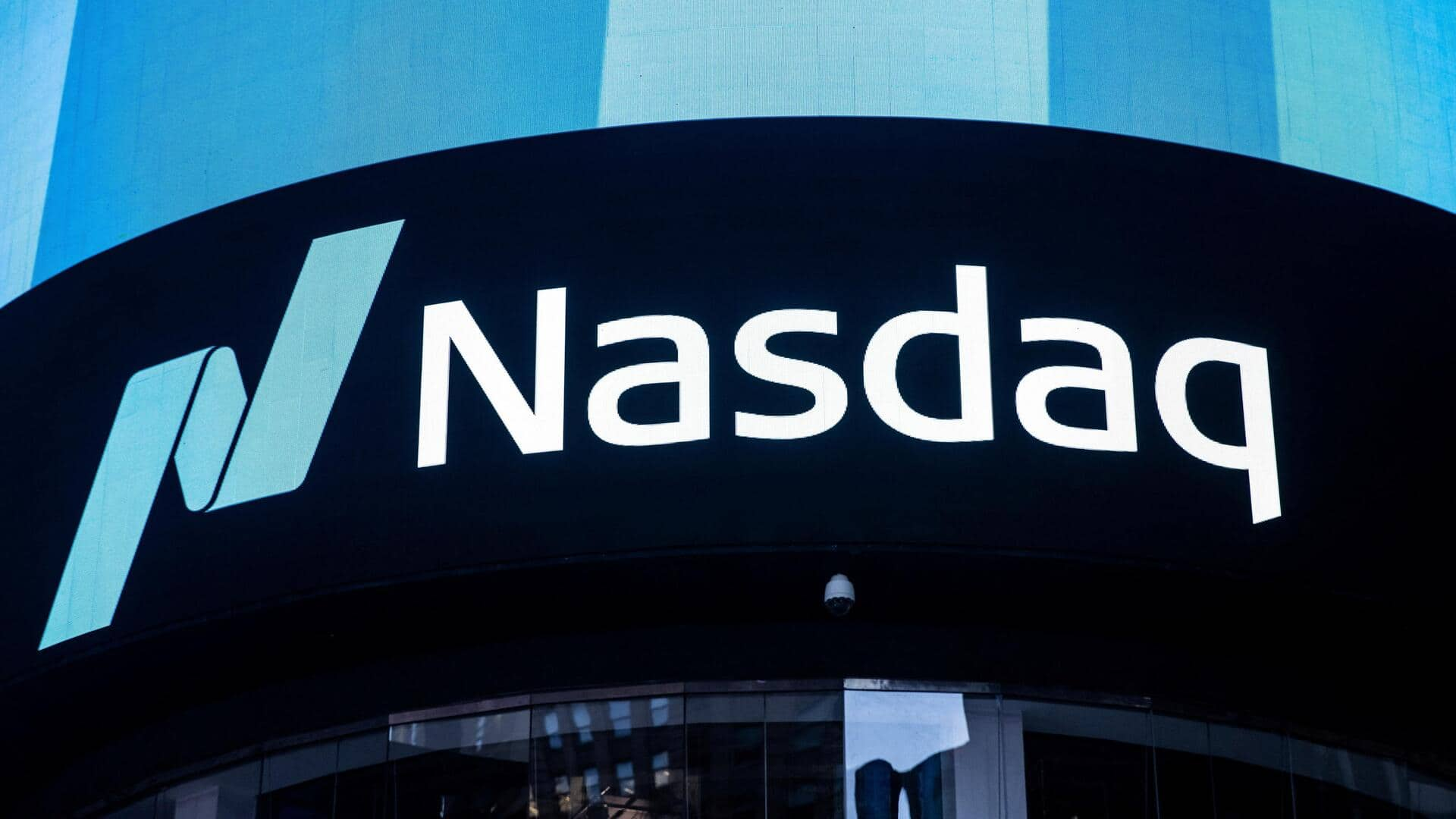
NASDAQ to offer round-the-clock stock trading from next year
What's the story
NASDAQ has announced plans to introduce round-the-clock trading on its equities exchange to cater to the growing global demand for US stocks.
The second-largest US exchange plans to offer this extended trading five days a week from the second half of 2026.
The step is subject to regulatory approval and alignment with industry standards, NASDAQ's President Tal Cohen said in a post on LinkedIn.
Industry trend
Other exchanges also planning extended trading hours
NASDAQ's move comes on the heels of similar plans by other exchanges.
Cboe Global Markets Inc. announced last month its plans to expand trading on its equities exchange to 24 hours, five days a week, subject to regulatory approval.
The New York Stock Exchange also filed an application in October for 22-hour trading on weekdays, which bagged initial approval from the Securities and Exchange Commission (SEC) last month, pending updates to the market's data feed.
Data update
NASDAQ's plan hinges on securities information processor update
Cohen emphasized growing interest from retail investors in different time zones as key factor behind this move.
However, he also warned of risks like increased volatility and higher transaction costs due to longer trading hours.
Despite the surge in overnight trading, Cohen said liquidity is "significantly lower" during these hours.
Round-the-clock trading would need an update to the securities information processor (SIP), which displays the best bid and offer price of a stock on an exchange at time of transaction.
Collaborative approach
Collaboration with industry participants for extended hours
To tackle concerns and risks of long trading hours, NASDAQ is working with other industry participants.
The firm is forming a group for this purpose and plans to file its own application with the SEC, to start the regulatory approval process for overnight trading.
"The question is not whether we can build a market that operates 24/5, but how we do so in a way that strengthens investor confidence in US capital markets today," said Cohen.